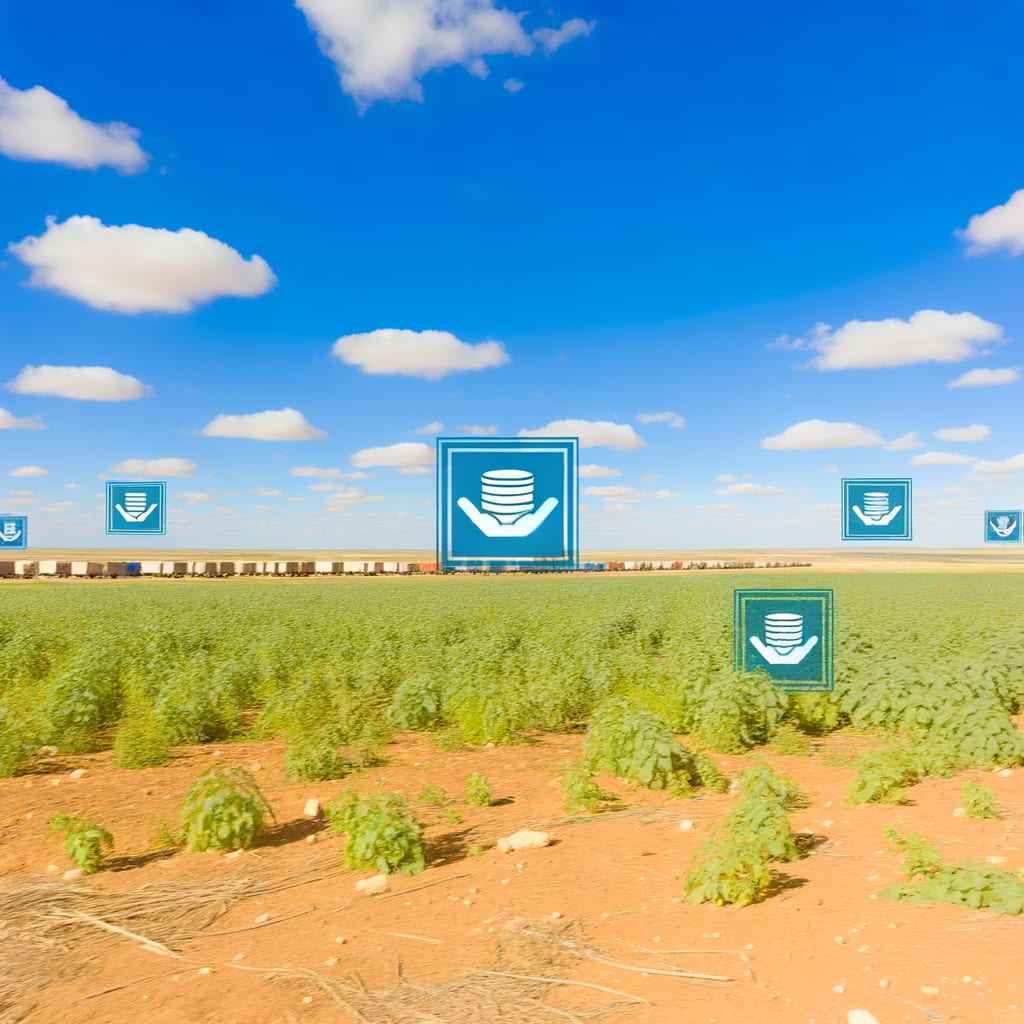Aid Must Continue until Gaza's Agricultural Sector Recovers, Say Aid Agencies
The United Nations Relief and Works Agency for Palestine Refugees (Unrwa) and the World Food Programme (WFP) have highlighted the crucial need for continued humanitarian aid in Gaza, emphasizing the critical condition of the region's agricultural sector following recent conflicts. The WFP has also announced a three-month food supply for Gaza, yet stresses that this is not sufficient.
Context
Gaza's agricultural sector has been severely affected by recent conflicts, with almost all agricultural lands either destroyed or inaccessible. This has left families that depended on farming for their livelihoods without an income. The United Nations reported that the cost of basic food items has surged, with a kilogram of tomatoes, for instance, rising from 60 cents to $15, if available at all.
Aid and Obstacles
Since the ceasefire began, an average of 560 tonnes of food have entered Gaza daily, but this falls below what is needed to feed the Palestinians, according to the WFP. Despite the ceasefire, severe shortages persist, and famine conditions are worsening.
Aid agencies have called for a major ramp-up of aid to ease the suffering in Gaza, yet this has yet to happen. The UN has urged Israel to open all crossings to allow for a greater flow of aid. However, the entry of humanitarian aid has faced significant obstacles. Israeli settlers have reportedly blocked roads leading to the Karm Abu Salem crossing, using various means including placing baby strollers in front of aid trucks.
Implications and Reactions
The UNICEF spokesperson Ricardo Pires has stressed the need for all crossings to be open, stating, The longer Rafah stays closed the more the suffering prolongs for people in Gaza, especially those displaced in the South.
The humanitarian crisis in Gaza is further exacerbated by the extensive damage caused by Israeli attacks, with UNICEF reporting that 90% of homes in Gaza have been damaged or destroyed, leaving most of the population homeless.
Conclusion
While the UN has warned it would take some time
to reverse the famine in Gaza, it continues to urge Israel to open all crossings. Amidst these dire circumstances, the WFP is attempting to scale up its food assistance in the region, emphasizing the need for lasting access and a stable operating environment. However, with Gaza's agricultural sector still in ruins and the entry of aid continually hindered, the situation remains critical.

